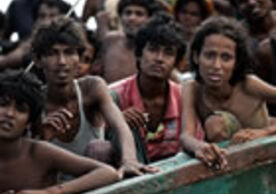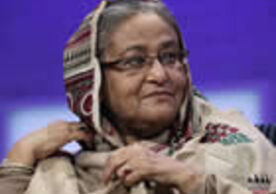Globalization wields powerful influence over societies and cultures. Business travelers and tourists both observe and distribute new ideas. New ideas, interactions, foods and products are tried, then embraced or discarded. With the internet or satellite television, films, publications, photographs, news reports and cartoons can travel instantly, entertaining or angering audiences around the globe. With social media like Facebook or Twitter, individuals offer news and own instant pronouncements on trends. Whether slowly through immigration or immediately online, these connections bring about some convergence of norms on fashion to human rights while also provoking challenges from traditionalists. A global society has emerged, and it’s tightly linked.





